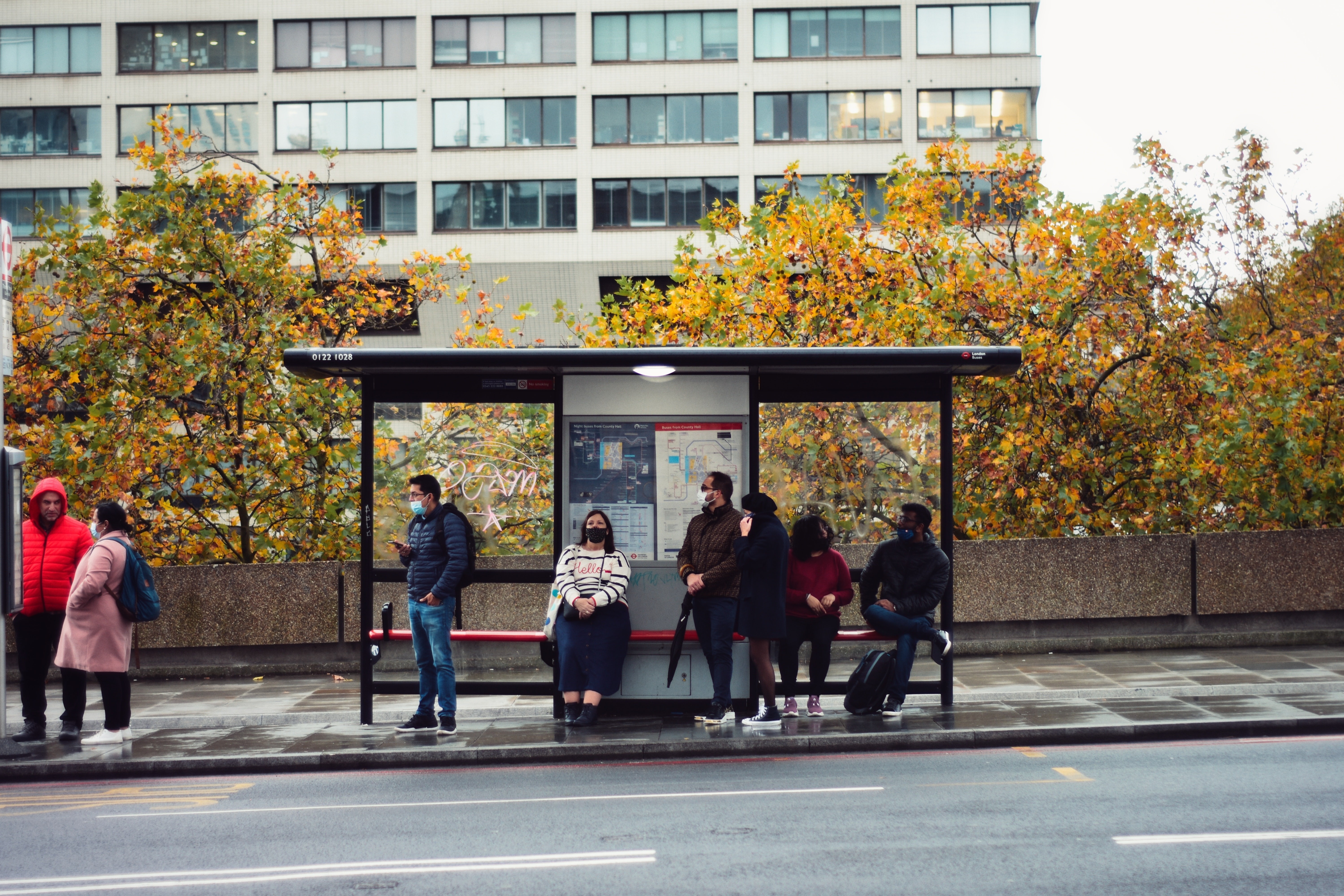
The Beyond Us and Them study, funded by the Nuffield Foundation is one of the largest studies, so far, into the impact of the pandemic on British society.
The key findings of the ‘Beyond Us and Them’ project were presented by the report’s lead author Professor Dominic Abrams and CEO of the Belong Network Jo Broadwood and chaired by Humanists UK CEO Andrew Copson.
- New research by the school and Belong – The Cohesion and Integration Network has found that the Covid-19 pandemic has led to a greater sense of national division, but our sense of local unity has strengthened.
- The study, which explored the impact of the pandemic on social relations in Britain, found that people’s trust in others has grown over the course of the crisis.
- The research further discovered that local authority areas which had prioritised support for social infrastructure and cohesion (and that had been supported to do so by government investment) proved to be more resilient in the course of the pandemic than other places.
Abrams and Broadwood (Belong) led the research and have called on the UK Government to draw on the lessons of the pandemic to ‘build back unity from the bottom up’. They suggest channelling moderate investment into local initiatives which build social infrastructure and people’s sense of togetherness, and to firmly embed this approach within the government’s levelling-up plans. They have also called for political leadership at national, regional and local levels to use language and narratives that place stronger emphasis on commonality and the interdependence between different communities, regions and nations.
The Beyond Us and Them study is funded by the Nuffield Foundation and is one of the largest studies so far into the impact of the pandemic on British society. Through over 39,000 survey responses, 61 focus groups and 256 interviews, the project has built a comprehensive picture of how Britain’s social fabric held up during a period of unprecedented strain.
Professor Abrams, director of the Centre for the Study of Group Processes at the School of Psychology, said: ‘Our research has looked at how some of the key elements of cohesion in British society have fared through this period of crisis. Our findings expose some important vulnerabilities that need attention, as well as strengths on which we can build. While addressing low levels of trust in political institutions and tackling levels of discrimination experienced by some groups, it will also be necessary to build on people’s trust in their local and community networks, and support their willingness to help one another in order to recover from this crisis and be better equipped to deal with challenges ahead.’
Jo Broadwood, CEO of Belong, said: ‘This research allows us to assess what the pandemic has taught us about the strength of British society. It suggests a society in which, at the national level, political trust has weakened and we feel more divided than before, but at a community level there is a much more robust sense of trust and togetherness. Local authorities that have prioritised initiatives which build trust and togetherness – and been supported by government investment to do so – have proved more resilient in the face of the crisis. The UK government deserves credit for the success of its Integration Areas programme, and that investment shows the way forward. By channelling moderate investment into local initiatives to build social infrastructure we can build a more resilient, unified society. We should draw on the lessons of the pandemic, utilise the power of our communities, and build back unity from the bottom-up.’
Alex Beer, Welfare Programme Head at the Nuffield Foundation, said: ‘The Covid-19 pandemic increased community connections for some people, but also exposed fault lines and exacerbated deep-seated inequalities for others. Crucially some groups within communities were hit harder than others, not only in terms of health outcomes, but also economically, socially, and psychologically. Encouragingly, this research shows that investment in, and an explicit focus on, social cohesion by local government can help to build trust and more positive relationships between different groups in society and, in turn, help communities to become more resilient.’
The report titled ‘Beyond Us and Them: Societal Cohesion in Britain Through Eighteen Months of COVID-19’ is available on Belong’s website.




